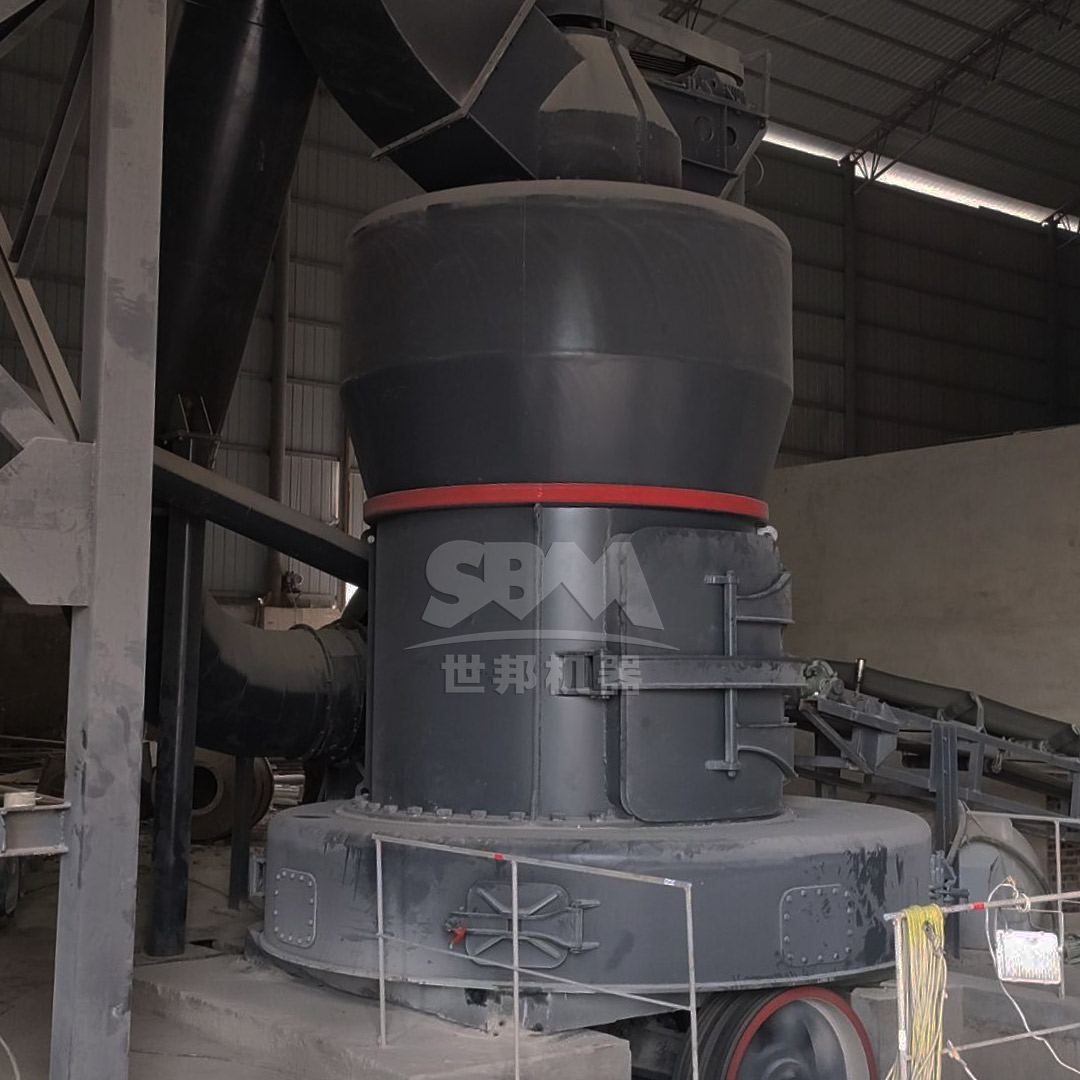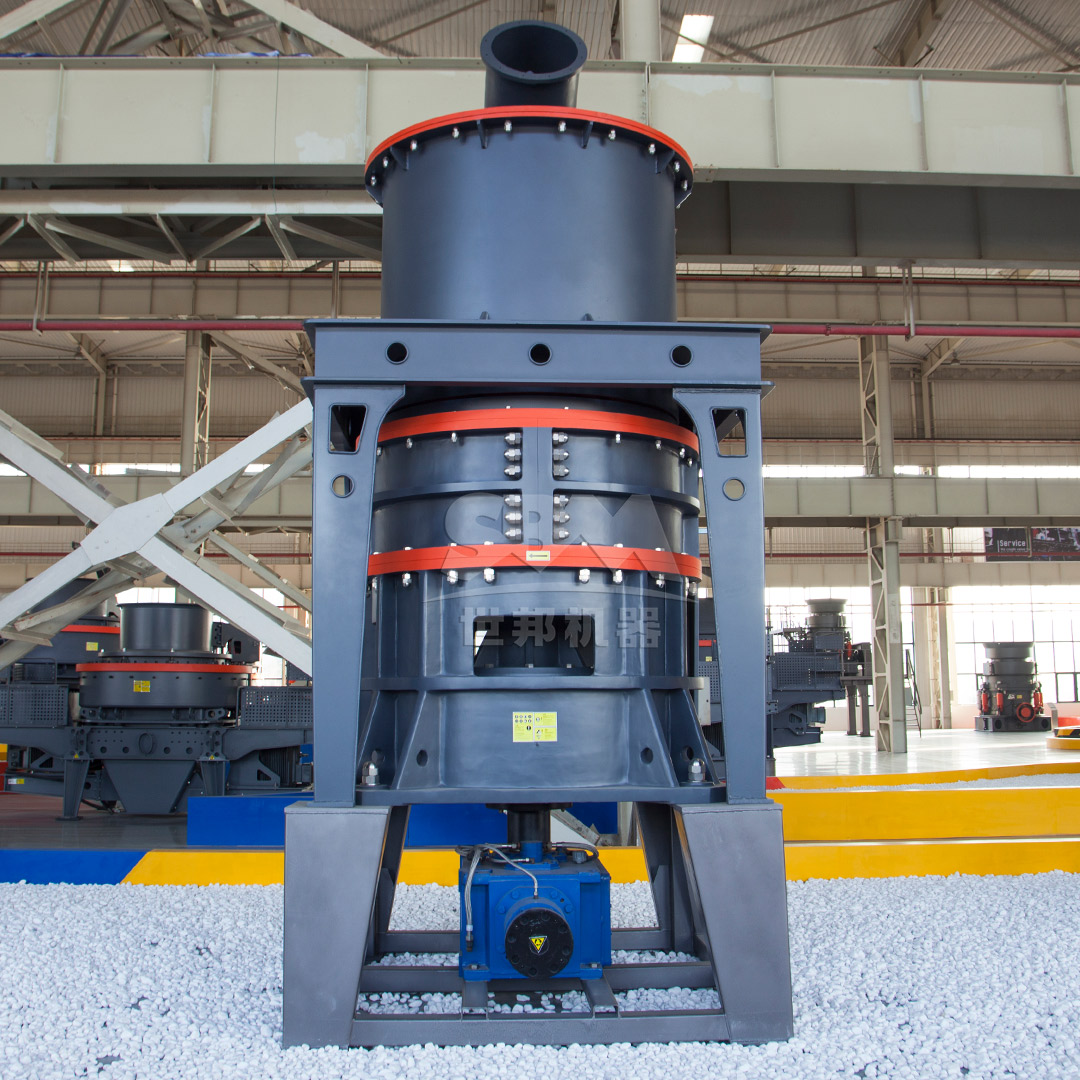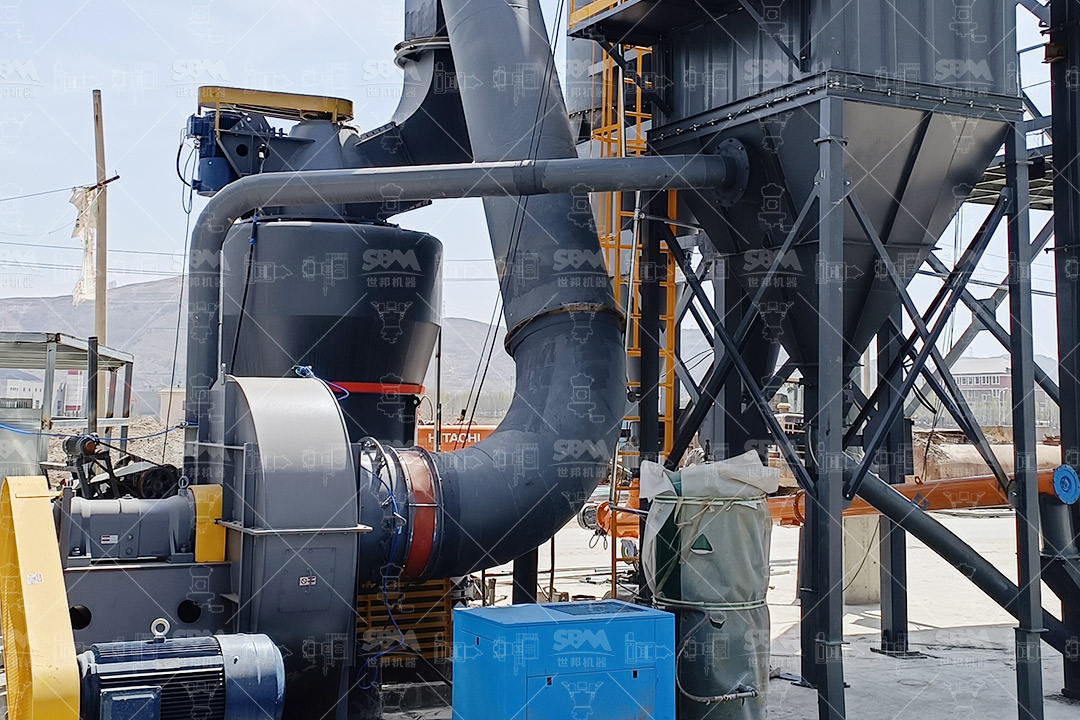The manufacturing of casting molds represents a precision-driven process where material quality directly impacts final product integrity. Gypsum, as a primary mold material, requires exceptional fineness and uniformity to ensure dimensional accuracy, surface smoothness, and thermal stability during metal casting operations. Traditional grinding methods often fall short in delivering the consistent particle size distribution necessary for high-performance molds, leading to defects, reduced mold life, and increased production costs.
Advanced gypsum grinding technology has emerged as a game-changer in this sector, enabling manufacturers to achieve unprecedented control over material properties. This article explores how modern grinding solutions are revolutionizing casting mold production through enhanced efficiency, superior product quality, and sustainable operational practices.
Gypsum used in casting mold applications must meet stringent specifications to ensure optimal performance. The grinding process directly influences key material characteristics including particle size distribution, surface area, and particle morphology – all critical factors affecting mold strength, permeability, and dimensional stability.
| Parameter | Requirement | Impact on Mold Quality |
|---|---|---|
| Particle Size (D97) | 5-45μm | Determines surface finish and detail reproduction |
| Particle Size Distribution | Narrow distribution curve | Ensures uniform setting and strength development |
| Surface Area | Controlled specific surface | Affects water demand and setting characteristics |
| Contamination Level | Minimal iron contamination | Prevents discoloration and setting abnormalities |
Conventional grinding systems often struggle to maintain consistency across these parameters, particularly when processing gypsum with varying moisture content or hardness characteristics. The limitations become especially apparent when attempting to achieve ultra-fine particles below 20μm while maintaining production efficiency.

The evolution of grinding technology has introduced several innovative approaches specifically designed to address the challenges of mineral processing. Modern grinding systems incorporate precision classification, intelligent control systems, and advanced wear protection to deliver consistent product quality while optimizing operational costs.
For applications requiring the highest level of fineness and particle size control, the SCM Ultrafine Mill represents a technological breakthrough. This system achieves remarkable fineness levels of 325-2500 mesh (D97≤5μm) – a critical advantage for casting molds requiring exceptional surface detail reproduction.
The technological superiority of the SCM Ultrafine Mill stems from several innovative features:
| SCM Model | Processing Capacity (ton/h) | Main Motor Power (kW) | Output Fineness (mesh) |
|---|---|---|---|
| SCM800 | 0.5-4.5 | 75 | 325-2500 |
| SCM900 | 0.8-6.5 | 90 | 325-2500 |
| SCM1000 | 1.0-8.5 | 132 | 325-2500 |
| SCM1250 | 2.5-14 | 185 | 325-2500 |
| SCM1680 | 5.0-25 | 315 | 325-2500 |
In casting mold production, the SCM Ultrafine Mill demonstrates particular value when processing gypsum for investment casting patterns and precision molds where surface finish requirements are most demanding. The system’s ability to maintain tight particle size distributions ensures consistent mold properties throughout production runs.

For operations prioritizing production volume while maintaining quality standards, the MTW Series Trapezium Mill offers an optimal balance of capacity and precision. With processing capabilities ranging from 3-45 tons per hour and output fineness adjustable between 30-325 mesh, this system efficiently serves the broader requirements of foundry mold production.
The MTW Series incorporates several distinctive technological advantages:
For foundries producing larger casting molds or operating high-volume production lines, the MTW Series provides reliable performance with the flexibility to adjust product fineness according to specific application requirements. The system’s robust construction ensures continuous operation under demanding production schedules.
The implementation of advanced grinding technology delivers measurable benefits across multiple aspects of casting mold manufacturing. These improvements translate directly to enhanced competitiveness through superior product quality, reduced operational costs, and increased production efficiency.
Precision-ground gypsum produces molds with significantly improved characteristics. The controlled particle size distribution achieved by advanced grinding systems results in:
Beyond quality improvements, advanced grinding systems deliver substantial economic benefits:

Successful implementation of advanced grinding technology requires careful planning and consideration of operational parameters. Manufacturers should approach this integration through a systematic evaluation of current processes, identification of improvement targets, and selection of appropriate technology matched to specific production requirements.
Before selecting grinding equipment, conduct a comprehensive analysis of:
When evaluating grinding systems, consider:
The ongoing development of grinding technology continues to push the boundaries of what’s possible in casting mold production. Emerging trends include increased digitalization, enhanced sustainability features, and even greater precision capabilities.
Smart grinding systems incorporating IoT connectivity enable real-time performance monitoring and predictive maintenance, further optimizing operational efficiency. Advanced material science continues to produce more durable wear components, extending service intervals and reducing environmental impact through less frequent replacements.
As additive manufacturing gains traction in pattern production, the requirements for gypsum powder characteristics will continue to evolve, driving further innovation in grinding technology. The integration of grinding systems with comprehensive quality control instrumentation represents another significant trend, enabling closed-loop control of product quality.
The selection of appropriate grinding technology represents a strategic decision with far-reaching implications for casting mold manufacturers. Advanced systems like the SCM Ultrafine Mill and MTW Series Trapezium Mill deliver not only immediate improvements in product quality and operational efficiency but also provide the technological foundation for future competitiveness.
By embracing these advanced grinding solutions, manufacturers can achieve new levels of precision, consistency, and efficiency in their casting mold production. The resulting improvements in mold quality translate directly to enhanced casting performance, reduced rework, and stronger market positioning.
As the industry continues to evolve, those manufacturers who invest in advanced grinding technology will be best positioned to meet increasingly stringent quality requirements while maintaining cost competitiveness in global markets.